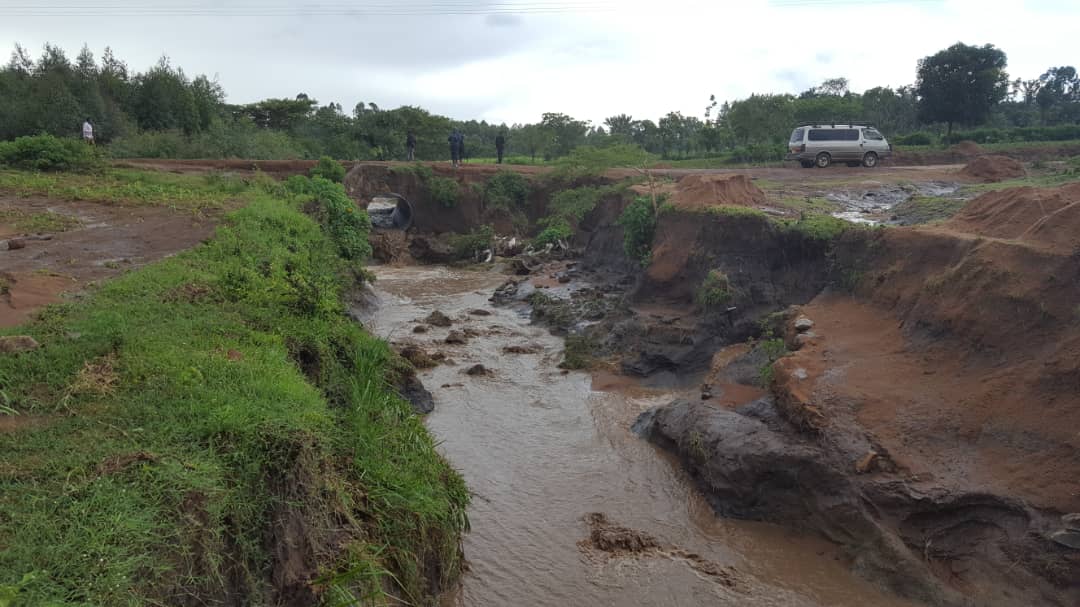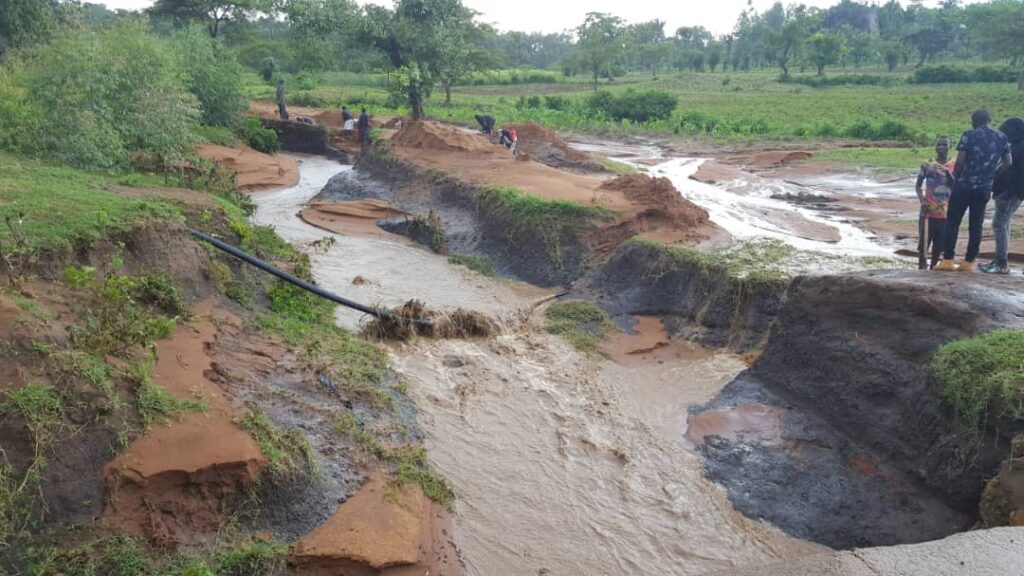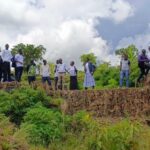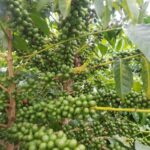Improving Livelihoods with Riverbank Restoration

Written by Anne Kikundwa & Brian Lukwago
Rivers in the Lwakhakha sub-catchment are a major source of livelihood for the neighboring farming communities as they provide water for livestock and crops. In these communities, farmers have faced challenges of loss of land due to collapsing riverbanks. Some of these rivers, located in the eastern part of Uganda, mark the natural boundary between Uganda and Kenya.
Issues arise due to rising water volume set off by poor farming methods upstream, and animals overgrazing at the banks. Animals drink directly from the river and this further weakens the riverbanks. As a result, communities are affected by floods and soil erosion. This has also caused the rivers to widen on either side, causing land loss.
AidEnvironment was contracted by the Ministry of Water and Environment to work with communities, the District Local Government, and the Kyoga Water Management Zone to implement a riverbank restoration mission to mitigate further damage.
The solution involves a 72km riverbank stretch that will be restored through the establishment of a river buffer zone and riverbank stabilization with environmentally friendly materials such as bamboo, indigenous tree species, and vetiver grass.
The buffer zone, in agreement with the landowners, will be demarcated to limit cattle grazing and other forms of land use which weaken the banks. Community task forces have been formed and trained to ensure the sustainability of the interventions.
Community members have actively participated in the decision-making process since river bank stabilization requires them to create a buffer zone along the riverbank for regeneration or planting the appropriate species, such as bamboo, fruit trees and vetiver or napier grass. Affected landowners will be supported in establishing alternative income generating activities to enhance their livelihood in light of loss related to the riverbank restoration. These alternative enterprises will include fish farming, apiary, fodder production, and energy saving cookstoves. Community members will be equipped with skills to establish these enterprises and they will generate income as they provide the different services to the rest of the community members.




